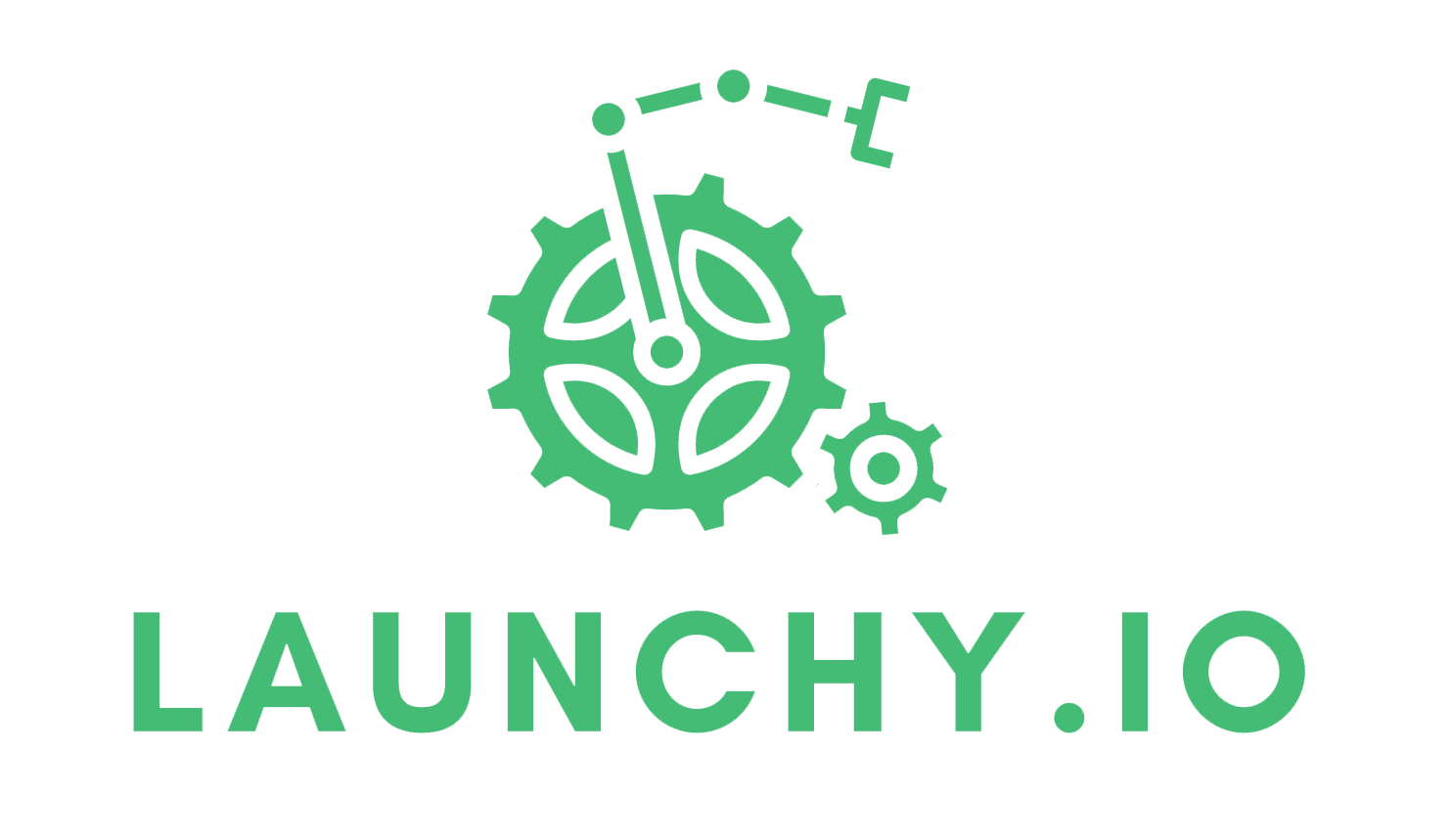Meeting the demands of a fast-paced, constantly changing business landscape requires enterprises to emphasise speed and agility.
With the emergence of various types of business system automation platforms, workers can now focus on higher-value tasks.
With some of these systems being wholly integrated with artificial intelligence (AI) and machine learning capabilities, processes that were once labour-intensive can now be automated using cloud-based automation platforms.
Any business or enterprise looking to generate a steady stream of revenue and increase workforce productivity while reducing operational costs should opt for business system automation platforms. It can help automate many processes involved in end-to-end marketing operations and is a crafty tool to improve customer engagement and simplify internal processes.
That said, how can an organisation find the right business system automation platforms to leverage their unique business strategies and if so, how can they implement them? Let’s explore this in greater detail.
1. Business process automation (BPA)
Managing the end-to-end operations of complex business processes is simpler with business process automation (BPA).
Using sophisticated software tools, managing the entire workflow process consisting of various stages is more seamless, streamlined, and efficient. In addition, businesses can collect more actionable insights to help drive important business decisions.
An example of a BPA platform is customer relationship management (CRM) software. This platform helps sales personnel approach potential and existing customers more effectively as well as capture new leads.
The CRM software collects, organises, and customises sales leads accumulated in an organisation. It is also a one-stop centre where all sales personnel can gather information about all sales data on one platform.
The sales personnel of an organisation can now automate welcome and follow-up emails and communicate regularly with customers, clients, and business partners.
When deciding which CRM tools are needed, decision-makers should determine which tools would be suitable to meet business goals, easy to use, and simple for employee training purposes. Businesses should also monitor and measure KPIs upon implementing this BPA platform into their workflow processes.
2. Robotic process automation (RPA)
RPA is a type of automation of business systems that uses software tools to automate manual and repetitive tasks that mimic human input.
Some examples of RPA include transferring and managing files and folders, moving, extracting, copying and inserting data, auto-filling forms, and completing routine analyses and reports.
This technology is particularly helpful in the healthcare and human resources (HR) field as the entire employee onboarding process can be managed by bots that process paperwork.
But that’s not all. RPA can help fill out missing information, extract information, and store data digitally so the lack of accessibility never becomes an issue.
When it comes to the healthcare industry, RPA bots can help to schedule appointments for patients online.
It will gather all patient details such as appointment requests, insurance details, location preferences, and other relevant information to keep it stored.
3. Artificial intelligence (AI) automation
AI automation is perhaps the most advanced form of automation, in which computer software applications are trained and programmed to mimic human input. Nowadays, a CRM marketing automation platform is typically embedded with AI properties to simplify the entire lifecycle of a marketing campaign.
The multiple functionalities embedded in this technology help to automate and target the right customers by demographics that include interests, age range, and location. This platform is instrumental in driving higher rates of success from a marketing campaign without employees having to break a sweat.
The question remains, however, how can AI be used to improve marketing automation? For starters, by sending out a welcome message to current and prospective customers. With AI capabilities embedded in today’s marketing automation platforms, employees can craft inviting and compelling messages to learn more about their potential customers, without writing much!
With AI generating an entire email campaign using neuro-linguistic programming (NLP) features, employees only have to change a few words to suit their campaign. Businesses can reach out to more customers and obtain high-quality leads through a seamless and hassle-free process.
Special offers or discounts can also be automated to build brand awareness and increase customer engagement. AI automation can help employees send out push notifications with higher open rates. Just published a blog post or newsletter? A marketing automation platform sends out push notifications to subscribers alerting them of the recently posted content.
AI will generate the notification using the topic of the blog post or newsletter as the headline, together with the first 48 characters of the entry. The notification is a clickable link, meaning the chances of a customer clicking on it and being redirected to the blog post or newsletter is higher.
Businesses can leverage returns and boost workforce productivity with business system automation
Maximising workforce productivity, improving cost-saving measures, and getting more returns are just some of the many benefits of implementing automation that fits your business purpose.
Schedule a free consultation with a team of business system automation experts today to create a seamless experience in your operations while capitalising on your employee productivity.

